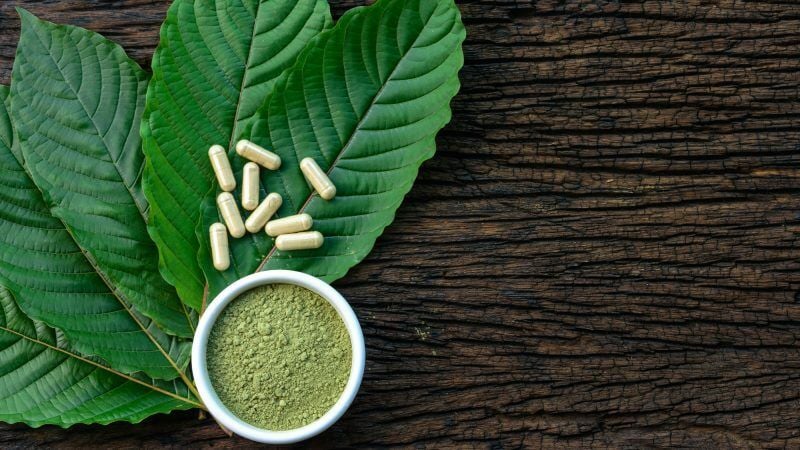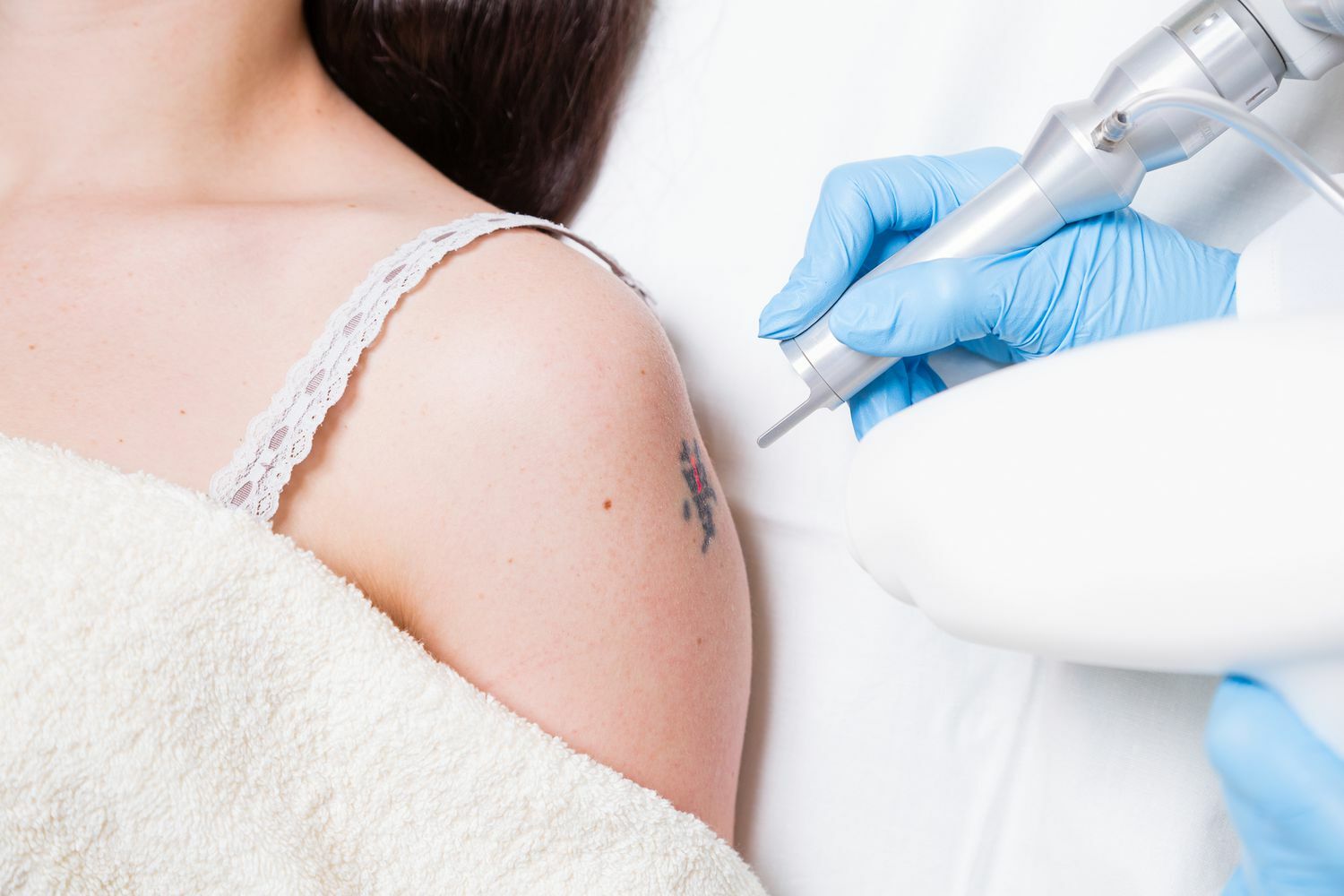Beware as kratom usage is linked to skin hyperpigmentation

Imagine buying an over-the-counter herbal supplement, only to end up with strange blue-grey patches on your skin. That’s the surprising and alarming reality for some users of kratom, a plant-based supplement gaining popularity for its opioid-like effects. Widely available in convenience stores, smoke shops, and online, kratom is now being linked to cases of hyperpigmentation, most notably on the face and hands.
What is kratom?
Kratom, a plant native to Southeast Asia, is commonly used for its analgesic properties. Often marketed as a ‘legal opioid’ or ‘legal high,’ it can be found in small containers of extract or as a powder. It was decriminalised in Thailand in 2021. People consume it in various ways: boiling the leaves into tea, smoking, chewing, or taking it in capsule form. Despite its widespread use, kratom is not regulated in the United States, leading many to believe it’s a safe herbal supplement. However, kratom has several side effects and can be addictive.
Side effects and addiction risks
Many users are unaware that kratom can cause drowsiness, rapid heartbeat, vomiting, respiratory issues, cardiac arrest, confusion, and hallucinations. The plant also affects the psyche differently depending on the dosage. At low doses, it acts as a stimulant, while at high doses, it has a calming, pain-relieving effect. Long-term high-dose users are at risk of developing hyperpigmentation, a condition where the skin darkens in sun-exposed areas.

Real-life cases of kratom-induced hyperpigmentation
In recent years, there has been a significant increase in kratom use in the United States. According to the Substance Abuse and Mental Health Services Administration, around 1.7 million Americans aged 12 and older reported using kratom in the past year.
One case involved a 54-year-old man who used kratom to reduce opioid use. Over four to five years, he developed diffuse hyperpigmented patches on his arms and face, sparing the knuckles.
Another case detailed a 30-year-old man with no other medical conditions who presented with dark grey-blue skin on his cheeks, neck, and hands. This man started using kratom after becoming addicted to opioids following a high school injury. Despite stopping kratom use in May 2022, his skin discolouration remained for at least 16 months, raising concerns about whether the hyperpigmentation can ever fully regress.
Doctors in Thailand have also recorded cases of skin hyperpigmentation among users of Kratom.
The mystery behind kratom’s skin effects
The exact mechanism by which kratom causes skin discolouration is still unclear. One theory suggests that increased dopamine levels from kratom use may stimulate melanocyte activity, leading to hyperpigmentation. Another possibility is that a melanin-drug complex forms and deposits in the skin. The discolouration typically appears in areas exposed to the sun, such as the face, neck, hands, and arms.
Potential treatments and precautions
Currently, the best treatment for kratom-induced hyperpigmentation is to stop using the supplement. Some success has been seen with Q-switched laser treatments, which are used to treat other types of dark skin discolouration. However, it’s still uncertain how effective this method is for kratom-induced cases.

Exercising caution
Kratom is widely used and easily accessible, but its unregulated status means consumers should be cautious. The plant can cause a range of side effects, from cardiovascular, gastrointestinal and respiratory issues to nervous system problems.
The mysterious and unsettling skin discolouration is yet another reason to think twice before using kratom.
Looking ahead
The rise in kratom use and its associated risks underscore the need for more research and better public awareness. Understanding why kratom causes hyperpigmentation and finding effective treatments are crucial next steps. For now, if you or someone you know is experiencing unusual skin discolouration and has been using kratom, it’s essential to seek medical advice and consider stopping the supplement.
While kratom may seem like a harmless herbal remedy, its potential side effects are anything but. Users should be aware of the risks and exercise caution to avoid unexpected and possibly permanent changes to their health and appearance.
No, Trudeau did not take Kratom for his blackface debut but taking Kratom might make you end up with such an outcome!
Essential care for skin hyperpigmentation through Cigna Global health insurance
Skin hyperpigmentation, whether caused by substances like kratom or other factors, can have a significant impact on your overall well-being. Understanding the risks, and potential treatments, and taking the right precautions are crucial steps in managing this condition. To ensure you have access to the best dermatological care, having comprehensive health insurance is essential.
Cigna Global offers expat health insurance plans that provide coverage for a wide range of dermatological treatments and preventive care:
- Silver Plan: Covers essential inpatient and day-patient treatments, with the option to add outpatient care, ensuring you have access to consultations and treatments for skin conditions like hyperpigmentation.
- Gold Plan: Offers higher annual limits and more comprehensive coverage, ideal for those who need regular dermatological care and wish to explore advanced treatment options.
- Platinum Plan: Provides unlimited coverage with extensive benefits, including access to top-tier dermatological services, helping you manage and treat skin conditions effectively.
Get a Free Quote from Cigna Global now. It’s a simple step that could make a huge difference in how you manage your health in Thailand. Feel secure knowing you have the best possible support for any skin conditions or other health concerns you might face.
Latest Thailand News
Follow The Thaiger on Google News:


























